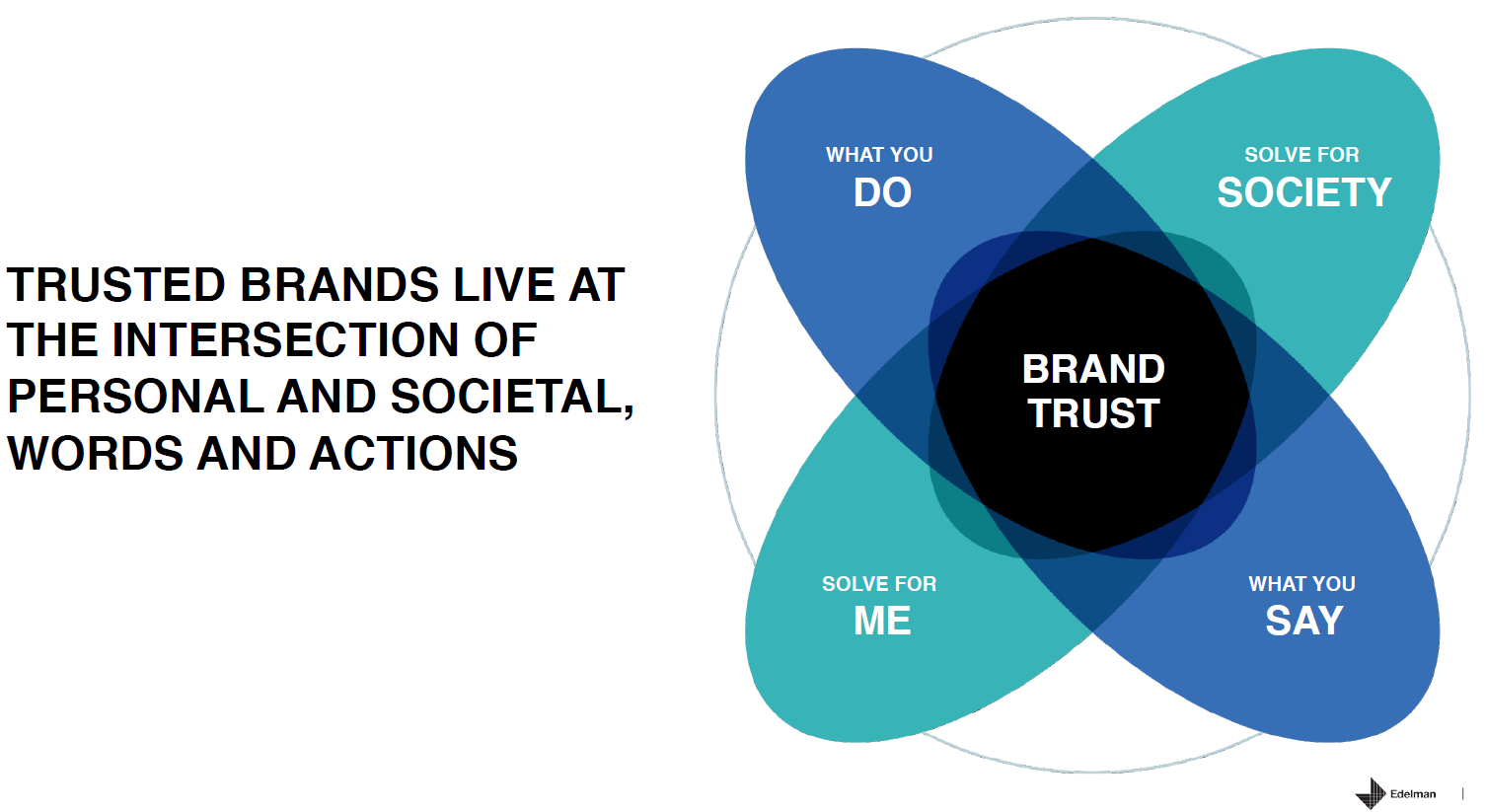Why customer and employee research may sustain your organization
It is hard to stay competitive if you lose touch with your customers and other stakeholders. Rowan Jackson helps organizations create and sustain relationships by understanding what they expect.
Any organization benefits from having good relations with their customers, and the key to sustain your customers and employees, is independent research into what they expect. Rowan Jackson is the founder of Promising Outcomes, a company of skilled research, strategy and leadership consultants.
“When working with organizations, we have discovered through our research that those who have neglected relationships with their stakeholders have a hard time keeping both customers and employees loyal. Not doing so has a cost, one that does not always appear on the Profit and Loss figures.”
70 percent of organizations aren´t conducting regular research and are thereby risking losing touch with their customers. Rowan Jackson feels that number is way too high.
“Ideally, organizations benefit the most by doing both quantitative and qualitative research regularly. Times and trends are shifting rapidly these days and so are consumer expectations.”
Who is the messenger?
When assigned by an organization, Rowan Jackson and his team from Promising Outcomes conduct customer, employee and supplier research. They then present it to the leaders, helping them to understand these stakeholders’ expectations of the organization, what improvements these stakeholders expect and then agree an implementation plan for executing the improvements.
“Using insights from the data, we can guide our clients to take the appropriate action on those topics that matter to their key stakeholders, to address weaknesses and to improve overall performance. As we are all facilitators; we use workshops and structured follow-up actions to make sure the research converts into actual results.”
There is a big advantage in having external consultants conducting the research, as they will be completely objective and independent without any bias.
“Organizations exist only, in the world they work in, because of relationships. Understanding these relationships forms a bedrock for profitable advantage.”
Sustainability is key
Creating a sustainable organization depends very much on being able to attract new customers, but it is also about retention. To sustain existing customers is five times cheaper than attracting new ones. This customer and employee loyalty is an outcome of meeting their expectations. Measuring performance against expectations is critical for any organization. Rowan Jackson believes customer relations play a big part in organizations competitiveness and sustainability.
“Dynamic sustainability is about continuous improvement. It is not a static world, so organizations need to keep improving, or fall behind. This dynamic sustainability requires expectations-driven research into relationships with key stakeholders coupled with leadership. Today consumers’ expectations evolve constantly and what was acceptable performance two years ago is no longer so. Using such research, organizations invite their customers and employees to direct what and how they need to improve.”
As an example of shifting consumer expectations, Rowan Jackson mentions sustainability.
“What consumers expect today is different to what they expected ten or even two years ago. Today it is all about ESG. Consumers buy less from companies with bad environmental records. You are going to lose out, if you are not able to show an authentic approach to sustainability. Strategic research is therefore about expectations and not about satisfaction.”

From the Royal Marines
Rowan Jackson is strategist. He has 20 years of experience from the UK Royal Marines, where he developed skills, that are very much applicable to his job today.
“I used to write war plans, so I have an understanding of the importance of strategy and research.”
As it is in military operations, strategy is also important in business. However, it may feel overwhelming as a small organization to spend time and resources on research and strategy. Luckily, small businesses that do have an advantage.
“Small organizations are more agile than larger ones. They don’t have the same financial resources, but they are closer to and better at keeping in touch with their customers and other stakeholders. Smaller organizations also have less bureaucracy, which makes improvement implementation faster.”
If you are interested in joining one of EGNs networks, feel free to search for your perfect match here.
“You are known by the company you keep, and companies are known by the customers they keep.” – Rowan Jackson.




